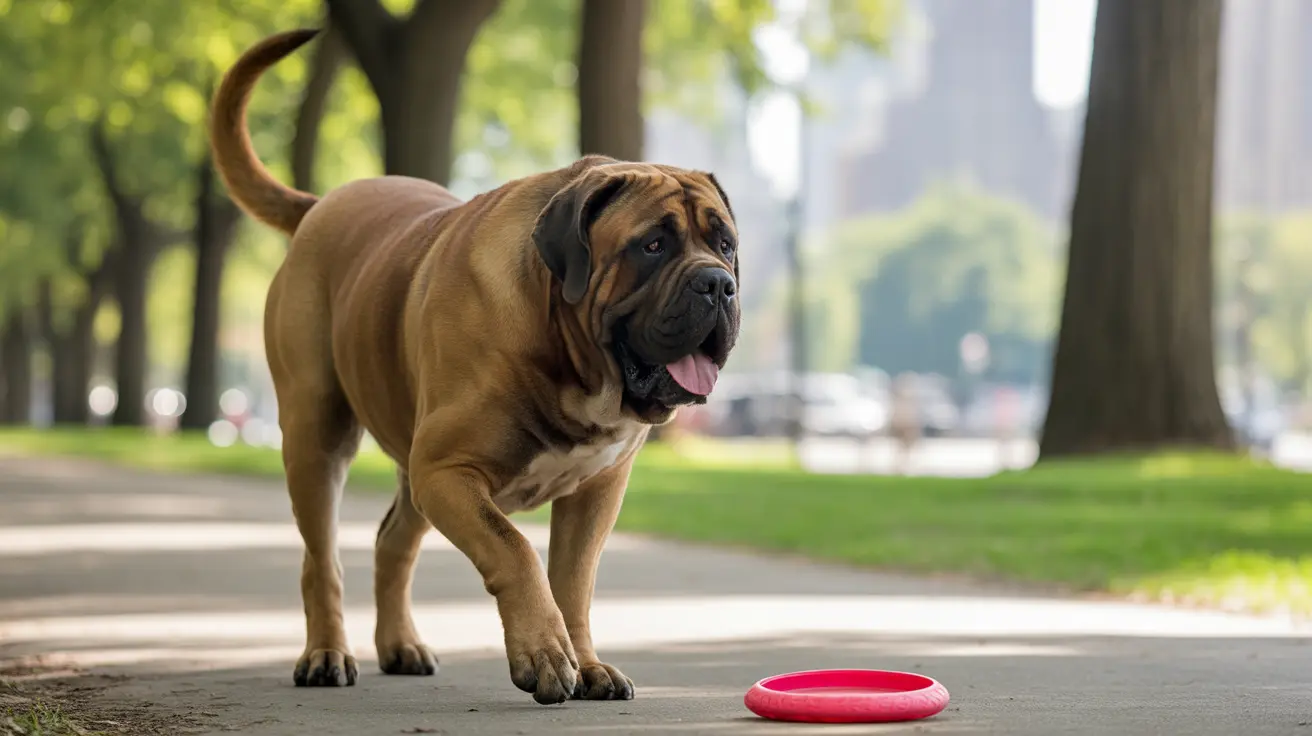When welcoming a Mastiff into your family, understanding their life expectancy is crucial for providing the best possible care throughout their years. These gentle giants, known for their impressive size and loving nature, typically have a shorter lifespan compared to smaller dog breeds, but with proper care, they can live healthy and fulfilling lives.
The mastiff dog life expectancy generally ranges from 6 to 10 years, with some individuals living up to 12 years under optimal conditions. This shorter lifespan is primarily due to their massive size, which affects their aging process and overall health dynamics.
Understanding Mastiff Lifespan Factors
Several key factors influence how long a Mastiff will live:
Genetics and Breeding
Well-bred Mastiffs from health-tested parents typically have better health outcomes and potentially longer lifespans. Responsible breeders screen for common genetic conditions like hip dysplasia and heart problems, which can impact longevity.
Size and Growth Rate
As giant breeds, Mastiffs experience accelerated aging compared to smaller dogs. Their rapid growth during puppyhood and substantial adult size put additional stress on their bodies, particularly their joints and organs.
Common Health Challenges Affecting Lifespan
Orthopedic Issues
Hip and elbow dysplasia are common in Mastiffs, potentially limiting mobility and quality of life. Early detection and management of these conditions is crucial for maintaining good health.
Cancer Risk
Mastiffs have an increased risk of certain cancers, particularly bone cancer (osteosarcoma). Regular veterinary check-ups can help catch these conditions early.
Cardiac Concerns
Heart problems, including cardiomyopathy, can affect Mastiffs. Maintaining a healthy weight and regular veterinary monitoring helps manage these risks.
Maximizing Your Mastiff's Lifespan
Nutrition and Weight Management
Proper nutrition is crucial from puppyhood through senior years. Maintaining a healthy weight reduces strain on joints and organs, potentially extending lifespan.
Exercise and Activity
Regular, moderate exercise helps maintain muscle tone and joint health without overexertion. Avoid strenuous activity during growth phases to protect developing joints.
Preventive Healthcare
Regular veterinary check-ups, vaccinations, and preventive care can catch health issues early and extend your Mastiff's life.
Life Stages and Age-Specific Care
Understanding your Mastiff's life stages helps provide appropriate care:
- Puppy (0-18 months): Focus on proper growth and development
- Young Adult (18 months-3 years): Establish healthy exercise and nutrition routines
- Adult (3-6 years): Maintain consistent care and watch for health changes
- Senior (6+ years): Increase veterinary monitoring and adjust care for aging needs
Frequently Asked Questions
What is the average life expectancy of a Mastiff dog?
The average life expectancy of a Mastiff is 6-10 years, with some individuals living up to 12 years with excellent care and genetics.
What are the common health problems that affect the lifespan of Mastiffs?
Common health issues include hip and elbow dysplasia, cancer (especially osteosarcoma), heart problems, bloat, and joint issues. Regular veterinary care helps manage these conditions.
How does a Mastiff's size influence its lifespan compared to smaller breeds?
Larger dogs generally age faster than smaller breeds. Mastiffs' massive size puts additional stress on their joints and organs, contributing to a shorter lifespan compared to smaller dogs who might live 12-15 years.
Can neutering my Mastiff affect how long it will live?
Studies suggest neutered Mastiffs, particularly females, may have slightly longer lifespans. This could be due to reduced risk of certain cancers and reproductive issues.
What care practices can help extend the life of a Mastiff dog?
Key practices include maintaining a healthy weight, providing regular exercise, ensuring proper nutrition, scheduling regular veterinary check-ups, and managing common health issues proactively.
With dedicated care, attention to health needs, and proper management of breed-specific concerns, you can help your Mastiff live a full and healthy life within their expected lifespan range.






